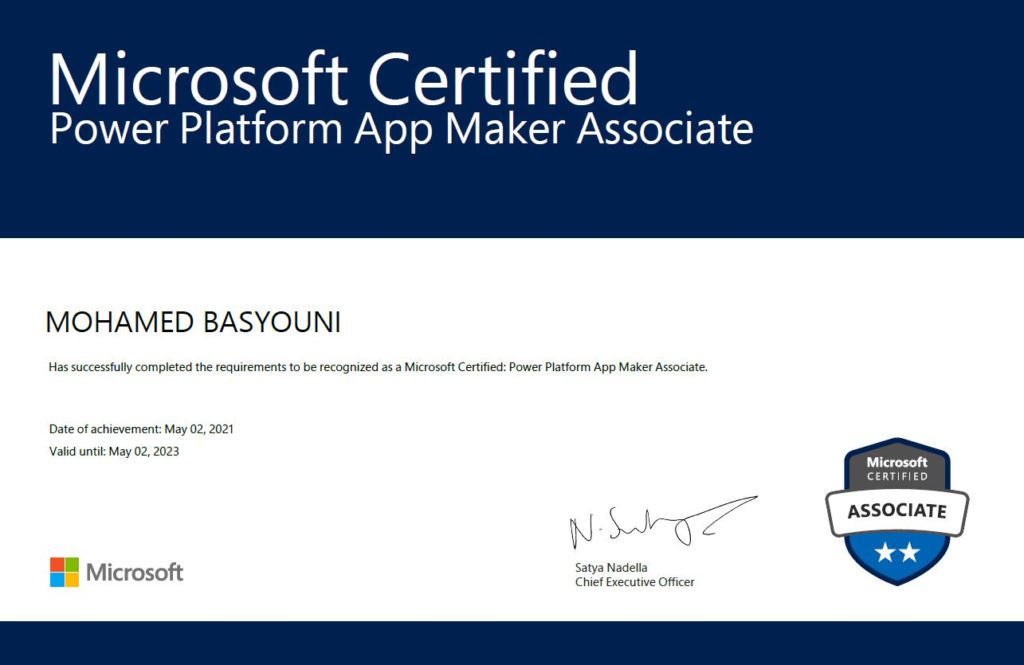
Power Platform

The Power Platform is a suite of low-code/no-code tools from Microsoft that enables users to build custom applications, automate workflows, and analyze data. A Power Platform course provides students with a foundation in the theoretical and practical aspects of building custom applications and automating business processes.
The curriculum of a Power Platform course typically includes training in the three main components of the platform: Power Apps, Power Automate, and Power BI. Power Apps is a low-code development platform that allows users to create custom mobile and web applications. Power Automate is a workflow automation tool that enables users to create automated processes that integrate with various applications and services. Power BI is a business intelligence tool that allows users to visualize and analyze data from a variety of sources.
Power Platform courses are typically designed for business analysts, developers, and IT professionals who want to learn how to build custom applications and automate business processes without writing code. Students will need to have a good understanding of data analysis and business process management. Some courses may also require knowledge of programming languages such as JavaScript, Python, or C#.
Upon completion of a Power Platform course, students will have a strong understanding of the Power Platform and its associated technologies. Graduates of this course can work as Power Platform developers, business analysts, data analysts, or IT professionals, among other related roles. The demand for skilled Power Platform professionals is high, and graduates of this course can expect to find employment in a range of industries, including finance, healthcare, e-commerce, and many others.

Talk to our career Counselor
The Career Counselor helps You

 Login
Login